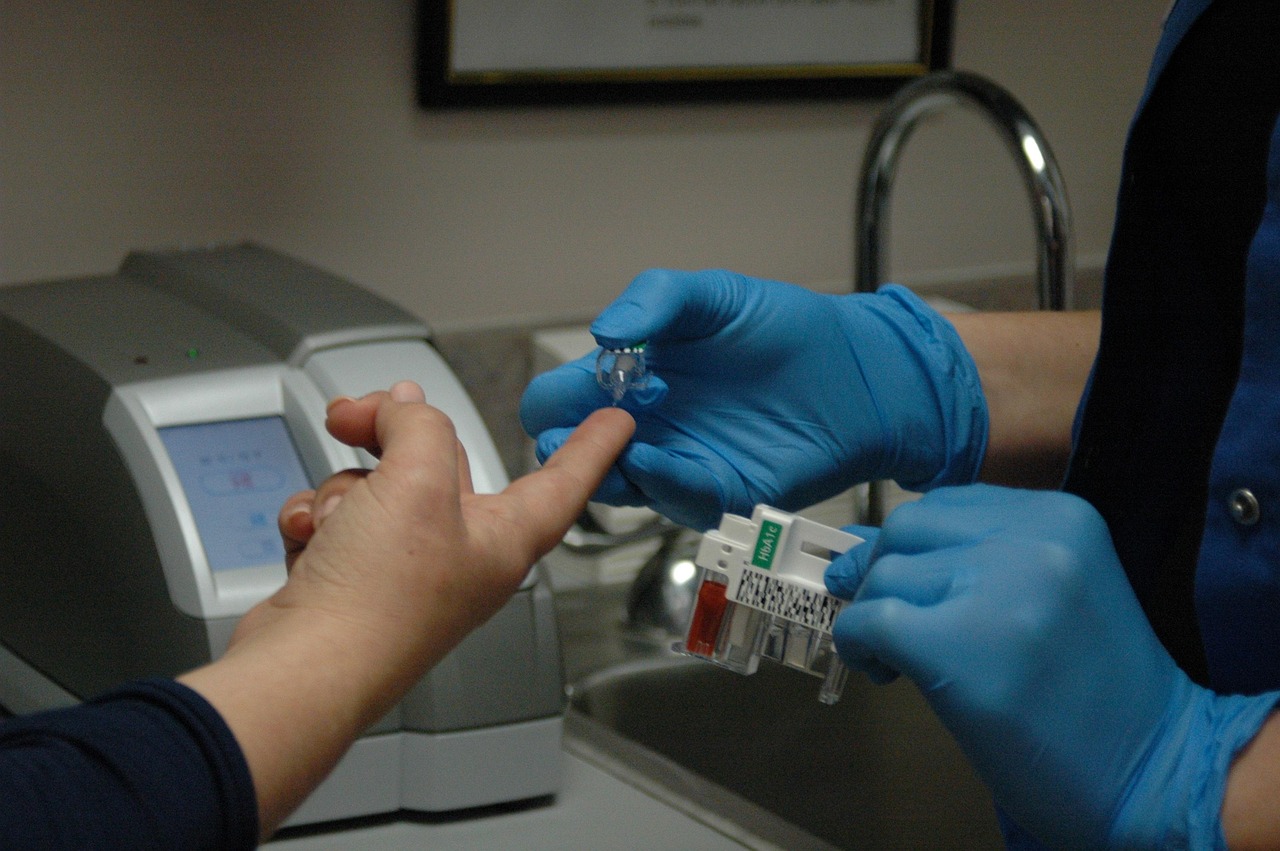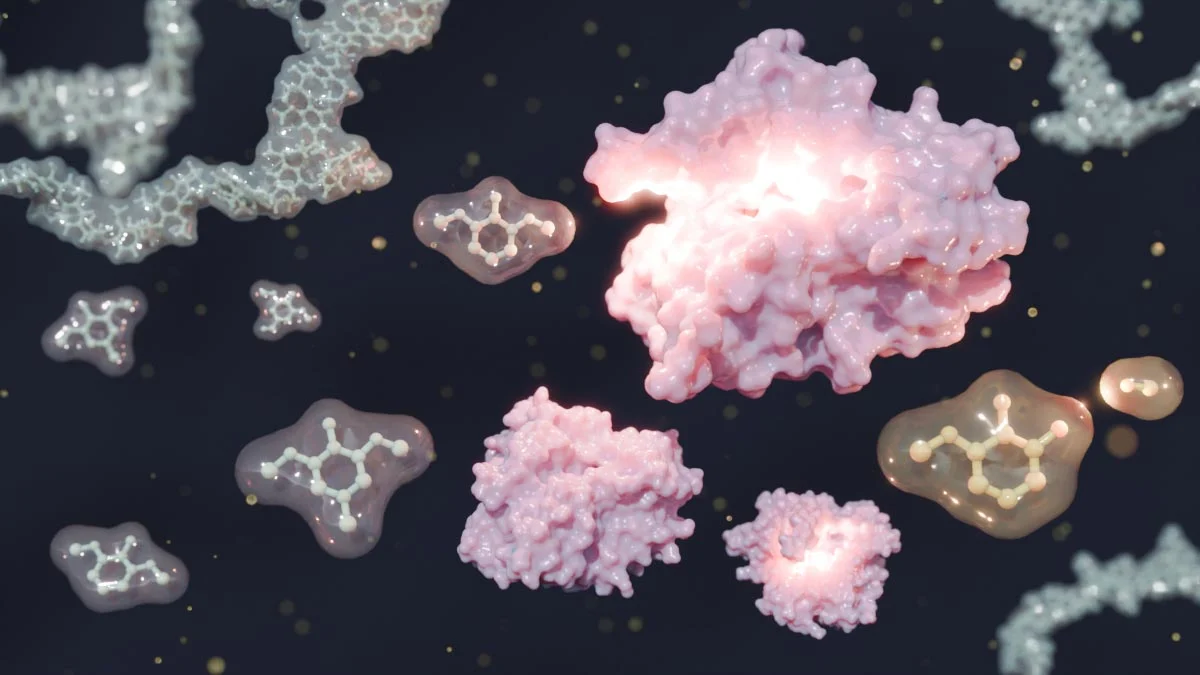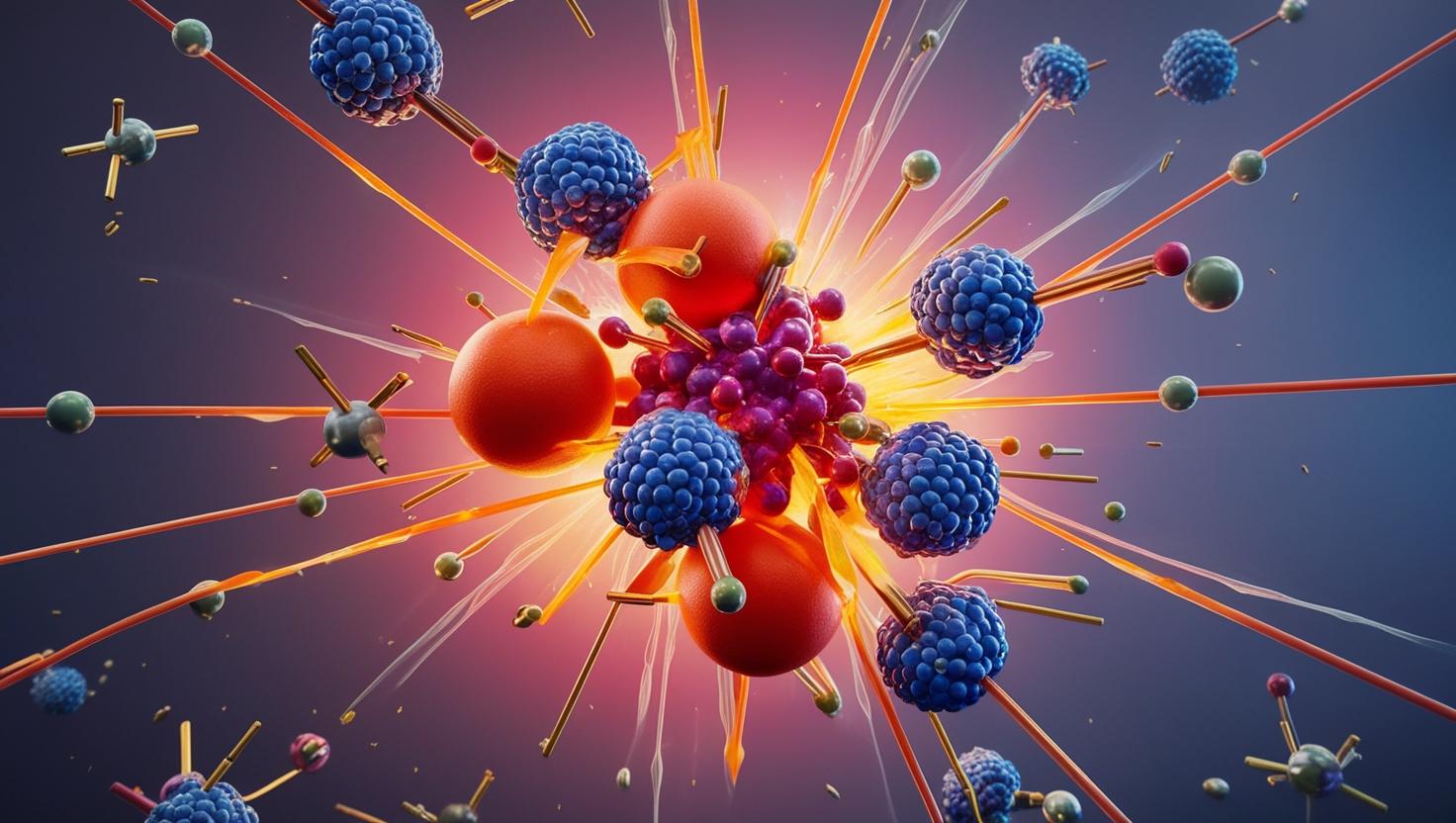A Surprising Breakthrough in Diabetes Research
Diabetes, a condition that affects millions worldwide, is usually managed through diet, exercise, and medications that regulate blood sugar levels. But scientists have now discovered a surprising new biological pathway that could change how we fight this chronic disease.
Researchers have found that targeting a specific metabolic process—previously overlooked—can improve the body’s ability to manage glucose. This finding offers fresh possibilities for treatments that may eventually provide patients with more effective ways to keep diabetes under control.
Rethinking How the Body Handles Sugar
Traditionally, treatments for diabetes focus on boosting insulin production or improving how cells respond to it. However, this new research highlights another approach: addressing how the body processes energy at the cellular level.
By studying the interaction of particular enzymes in the liver and other tissues, scientists uncovered a mechanism that influences how sugar is stored and used. When this process was altered in lab experiments, blood sugar levels became easier to regulate—suggesting an entirely new therapeutic target.
What This Means for Future Treatments
This discovery is still in its early stages, but it shines a light on possibilities beyond today’s standard medications. Instead of only relying on insulin-centered therapies, researchers may be able to develop drugs that act on this alternative metabolic pathway.
If successful, this could lead to more personalized and effective treatments for both type 1 and type 2 diabetes, potentially improving quality of life for millions of patients worldwide.
A Step Toward Hope
Discoveries like this remind us that even well-studied diseases like diabetes can still surprise scientists. With every new insight, we move closer to a future where managing chronic conditions becomes easier, less invasive, and more effective.
Final Thought
Could this unexpected pathway be the key to revolutionizing diabetes treatment? As research unfolds, the answer may reshape how we understand and manage the disease.
Reference: “Gut substrate trap of D-lactate from microbiota improves blood glucose and fatty liver disease in obese mice” by Han Fang, Fernando F. Anhê, Dana Kukje Zada, Nicole G. Barra, Rodrigo Rodrigues e-Lacerda, Breanne T. McAlpin, Ryan Wylie, Line Berthiaume, Étienne Audet-Walsh, Conor O’Dwyer, Peyman Ghorbani, Morgan D. Fullerton, Claudia Gagnon, André Tchernof, André Marette and Jonathan D. Schertzer, 29 July 2025, Cell Metabolism.
DOI: 10.1016/j.cmet.2025.07.001










